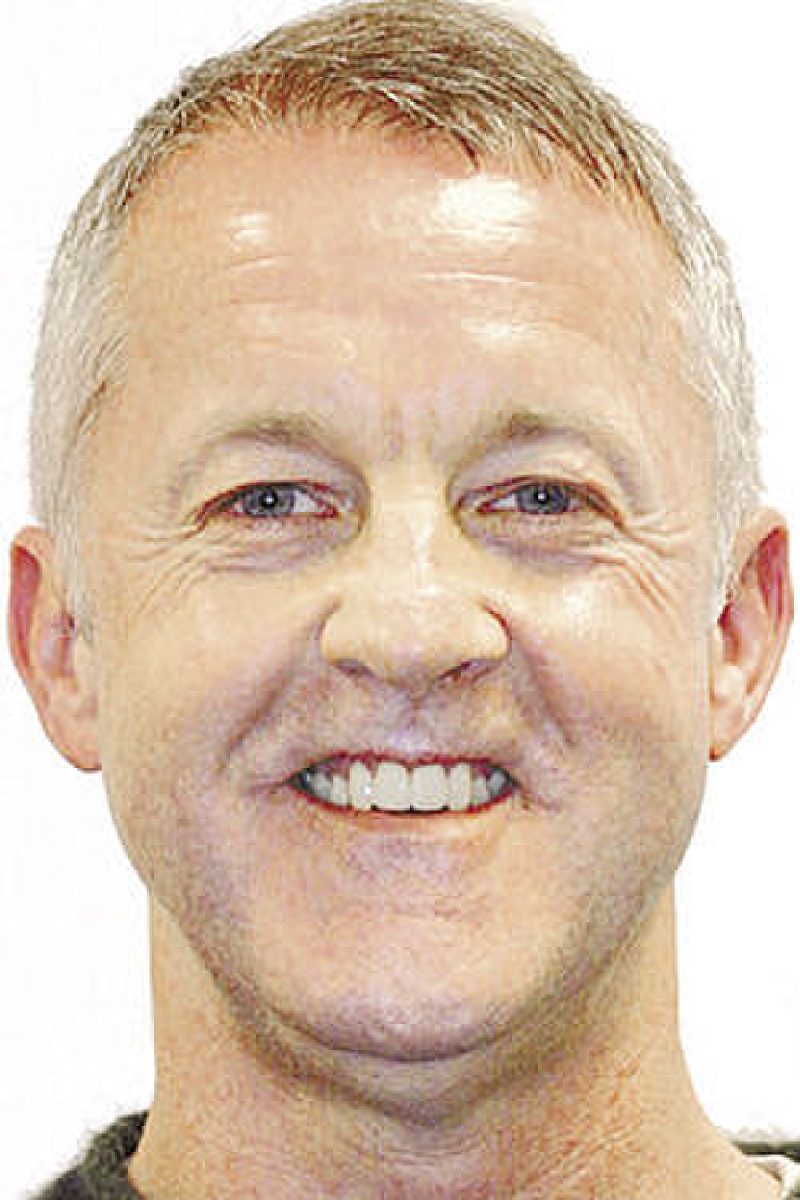Becky and I arrived in Split, Croatia, after 24 hours sitting on three planes and wheeling luggage through four airports. The flights were tolerable even with the long waits in official lines and bustling crowds all around.
Isn’t it great that we live in a time when so many people have the opportunity to visit other places and meet people from cultures different from their own? The Three Marcos, for instance.
During the car ride to Dubrovnik, our driver, Marco, was happy to chat with us. His English was very good which was fortunate for us because our Croatian is essentially non-existent. He studied English in school as all children in that country must do. But, just as is the case with students in the U.S. (and probably all cultures), sometimes the learning sticks and sometimes it doesn’t.
Today, many of his old school friends speak only enough English to get by. Marco tells us he continued to hone his skills by watching English-language cartoons and movies. In a country where tourism is a major economic activity, having more than one language is a marketable skill set.
At one point on the trip we had to stop for a border crossing. The country of Croatia runs along the eastern side of the Adriatic Sea except for one 16-mile stretch of coastline that is the territory of Bosnian-Herzegovina. Marco was only a child during the 1990s Bosnian war and seemed to have no real negative attitudes towards the cultural and political players involved in that conflict, but maybe he just didn’t want to go into it with us.
A museum in Dubrovnik devoted to the war was not so reticent about their opinion that the Serbs were the bad guys. Understandable, I guess, considering Serbia bombed that beautiful, ancient walled city.
The plan for the second part of our trip was to spend a week island-hopping and riding bicycles with nine other couples along the Dalmatian coast. Marco, one of our guides, lead us on bike routes that were sometimes strenuous but always spectacular — breathtaking in both senses of the word. Throughout, it was clear he wanted to make our trip a memorable one.
Although Marco didn’t shout about it, his love and pride in his country was evident. One time when he did open up about the situation in the former Yugoslavian regions, he told us a story about his father’s troubles as a young boy with Communist authorities. He seemed mostly sad that throughout history regular people never seem to be able to live their lives for any length of time without being pushed, abused and exploited by competing forces that greedily vie for power and political control over others. It makes me sad, too.
On the last part of our trip, Becky and I rented a car and drove to Plitvicka Jereza National Park, a UNESCO World Heritage site in northern Croatia. If I use “majestic” to describe cascading waterfalls spilling from a series of large lakes that stair step down the sides of craggy green mountains; or if I try to recount as “otherworldly” the colors of the azure and turquoise waters that constantly change depending on the interplay of the minerals and organisms, sunlight and time of day, I am failing the English language. I don’t know, maybe there is a cartoon that has a better way to say it.
Marco, the front desk clerk at our hotel, helped make our day-long visit even more unforgettable. He advised us as to the best time to start. He told us which park entry was most advantageous to begin our hike and made sure we knew what features we should by no means miss. In addition he told us where to park, and arranged tasty traditional Croatian meals for us before and after the hike. As the other Marcos had done, he made us feel welcome.
Other people on this trip that weren’t named Marco made us feel the same. We had the kind of trip we most enjoy: Physical activity; lessons in history; good food; and conversations with a diverse range of people. Croatia is definitely worth the long, crowded airport lines.




